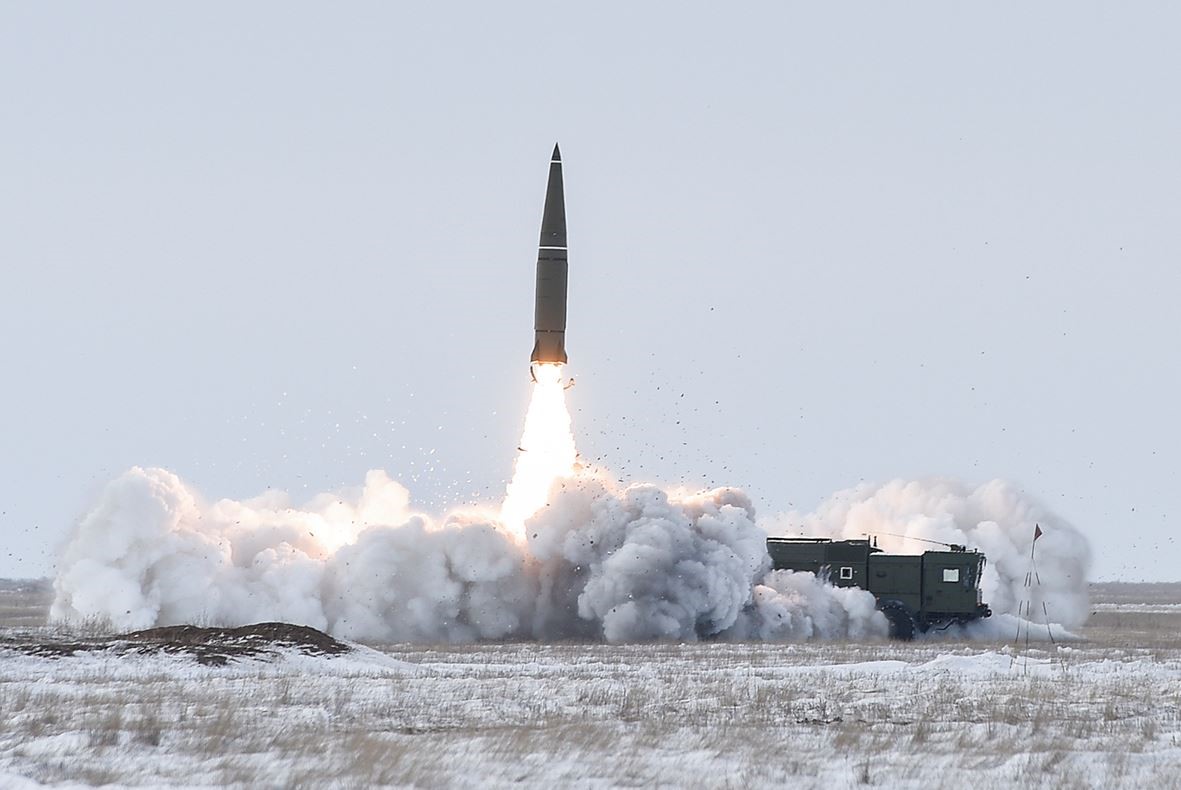
INF Treaty: U.S.-Russian Outdated Pact
The issue of the Intermediate-Range Nuclear Forces Treaty (INF) Treaty has surged as one of the critical factors in U.S-Russian relations, contributing to their even greater deterioration while exerting a negative impact on Moscow’s future ties with Washington.

“Better Than Expected”: Remarks on Romania’s Presidency of the European Council
Romanian President Klaus Iohannis said his country’s rotating presidency of the EU Council was “better than expected,” a remarkable comment that came from the incumbent head of state standing in opposition to Romania’s current government. During its six-month mandate, Romania closed 90 legislative dossiers that led to adopting new legislation. Romania’s presidency overlapped with the tough political period while its success will undoubtedly be helpful for the government before the next elections.

Chinese-Russian Unequal Partnership
The gaps and discrepancies between China and Russia are so weak that both countries do not see themselves as competitors. However, all disparities in Moscow’s and Beijing’s interests are an obstacle to the two states’ lasting and durable alliance while imposing the construction of a new model of a “system of great states”.
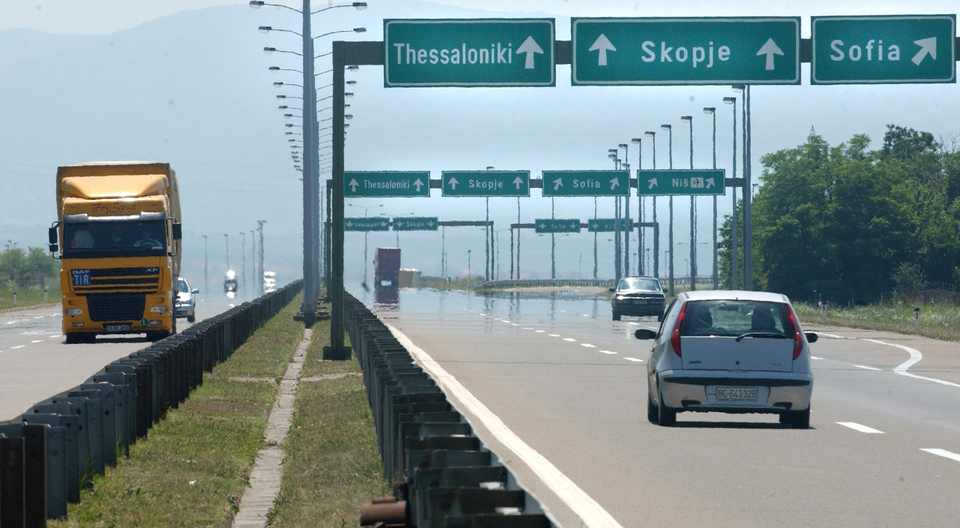
Conference Report – Western Balkans: Infrastructure, Energy, Geopolitics
The following report is a part of an international conference “Western Balkans: Infrastructure and Energy from a Geopolitical Perspective” that took place in Warsaw on May 29, 2019. The event was part of the official program of Poland’s presidency of the Berlin Process and served as a preparatory meeting for the 2019 Western Balkans Summit in Poznań.
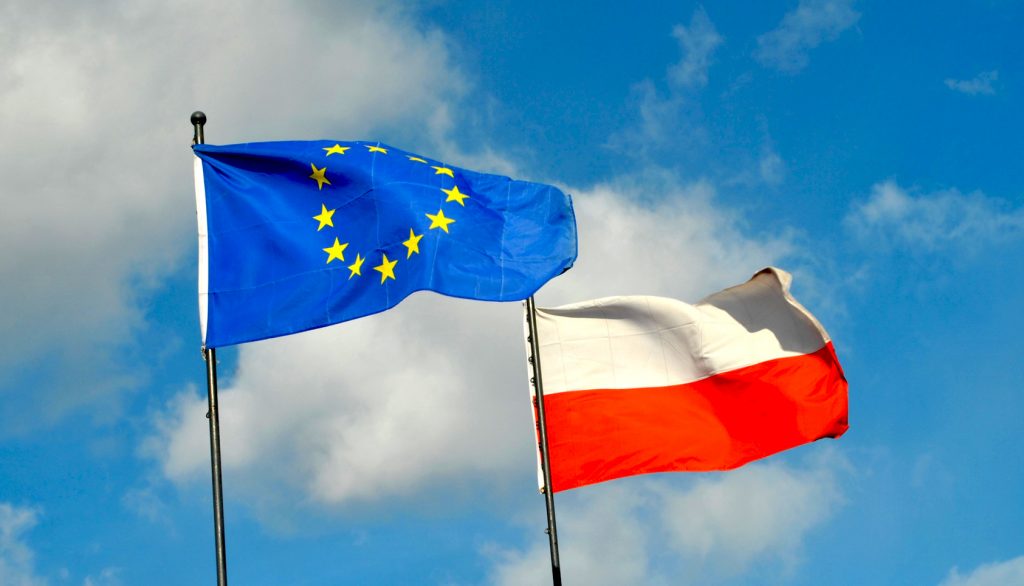
What’s With the EU? Considerations After 15 Years of Polish Membership
Fifteen years of Poland’s membership in the European Union has opened up an opportunity to discuss the costs and benefits of the country’s presence in the Community and examine the current state of the EU by Polish scholars.
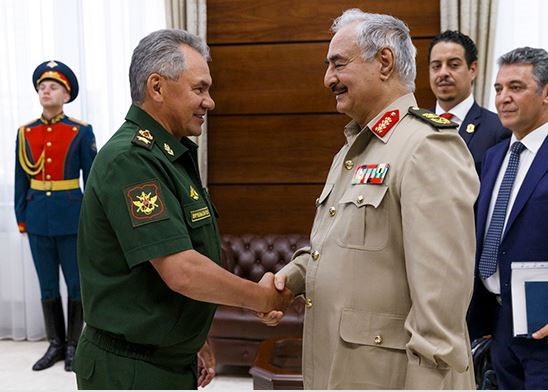
Civil War in Libya: Russian Goals and Policy
Libya is considered the third most destabilized Arab country only to Syria and Yemen. The violent battle for the country’s capital city of Tripoli erupted in early April, opening a new chapter in Libya’s civil war that had broken out back in 2014. After a NATO-backed operation that removed the Gaddafi regime from power, the international community has yet wrongfully give Libya’s further fate into the hands of its inhabitants.

China’s Influence in Balkans and Central and Eastern Europe
Launched seven years ago, the sub-regional cooperation 16+1 format, aimed at boosting economic partnership between China and its partners in the Balkans and Central and Eastern Europe encounters, has yet been developing with varying degrees of success. So far, countries such as Hungary, Albania, Bosnia, and Herzegovina, North Macedonia, Montenegro, and Serbia have taken most from the project.
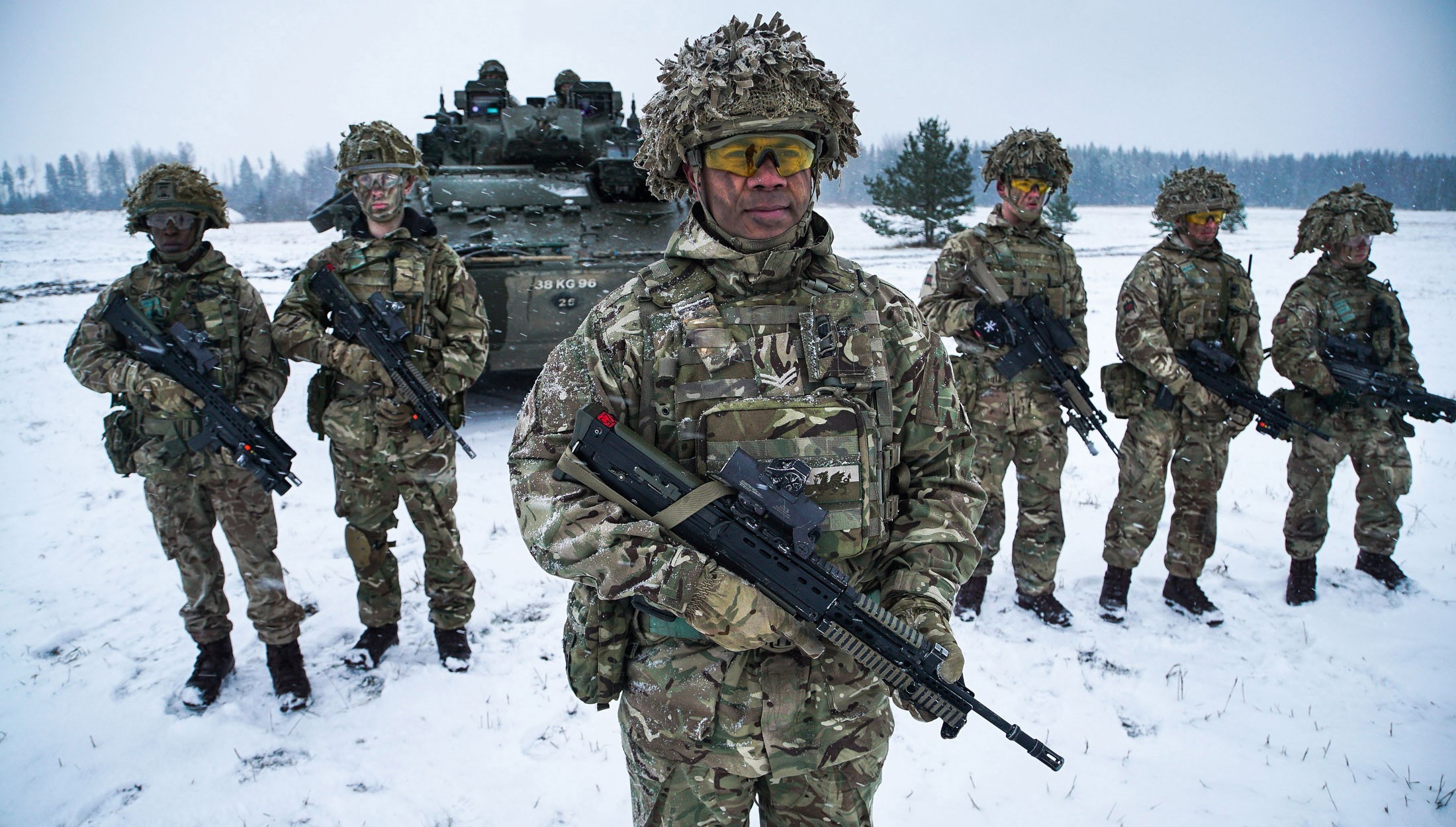
NATO–Russia Relations: The Return of the Enemy
Even after a political rapprochement between Russia and NATO, Moscow saw the Alliance in terms of a hostile institution and expressed marginal interest in promoting greater cooperation within its structures. Endeavors to bring Russia and NATO closer, while deepening their mutual ties, were aimed at boosting the Kremlin’s influence on the Alliance’s activities.
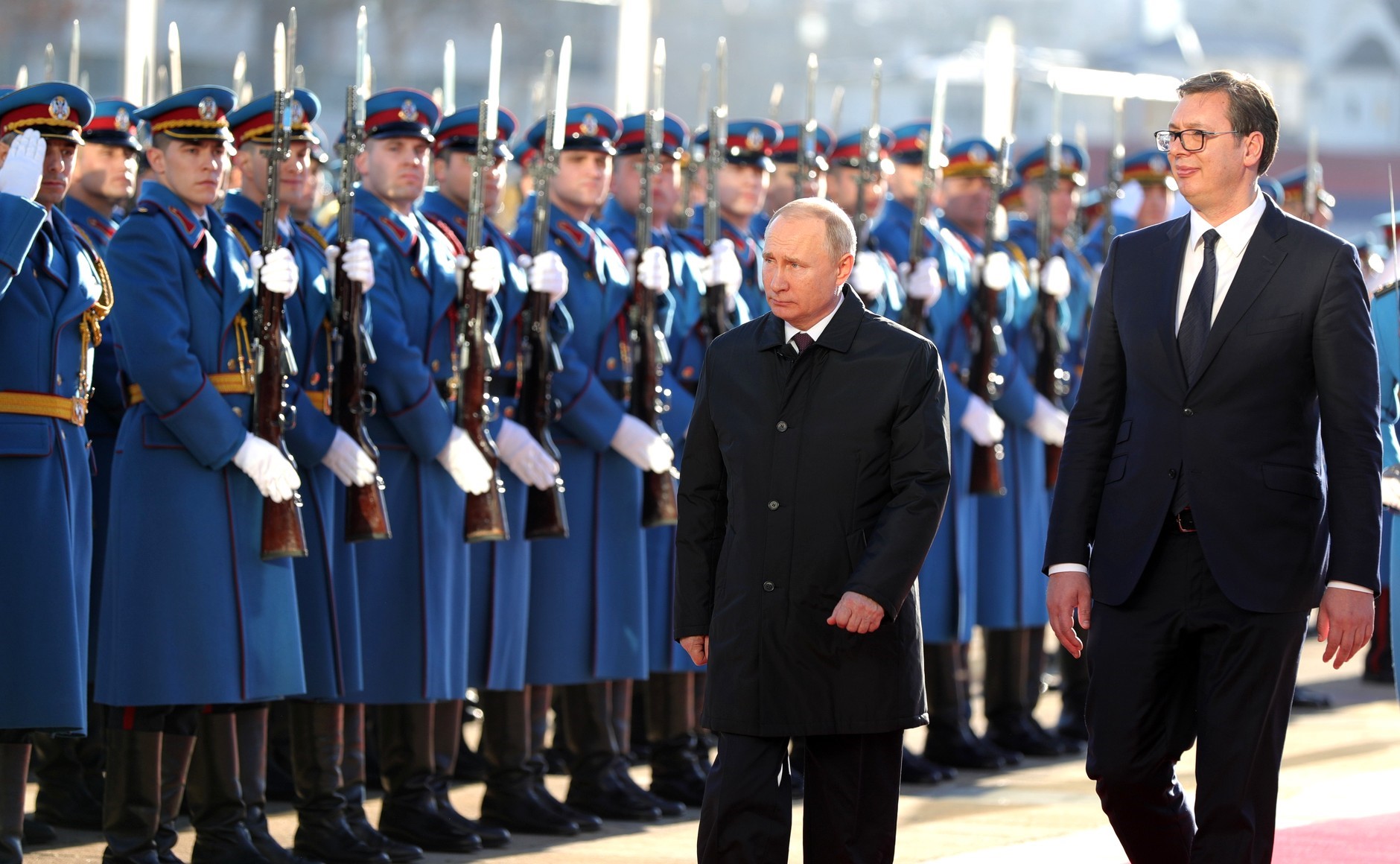
Russia’s Hybrid Warfare in the Western Balkans
Russia sees further processes of NATO and EU enlargement to the Western Balkans as a potential threat, hoping to keep the region away from these Western structures. Russia destabilizes the region by sustaining “frozen conflicts” and escalating tensions.

Mare Nostrum Strategy: Russian Military Activity in the Black Sea
Owing to its geographic location, Russia’s prerequisite to acquire and maintain the status of a superpower has long been to seize and retain control over two maritime “windows to the world.” This strategy was first mapped out by Peter the Great and led to multiple wars in the Baltic and Black Seas.
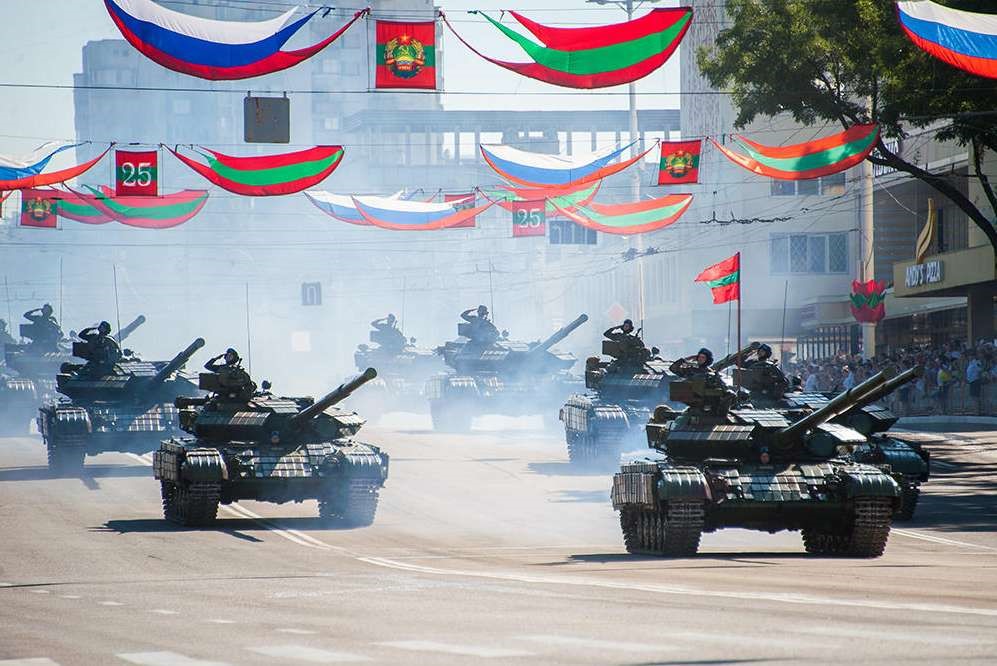
Post-Soviet Frozen Conflicts: A Challenge for European Security
Frozen conflicts occur in regions of the countries that are no longer controlled by the central authorities. Such zones remain under the jurisdiction of separatists who conduct a peace dialogue with state officials in a bid to empower their own governments.
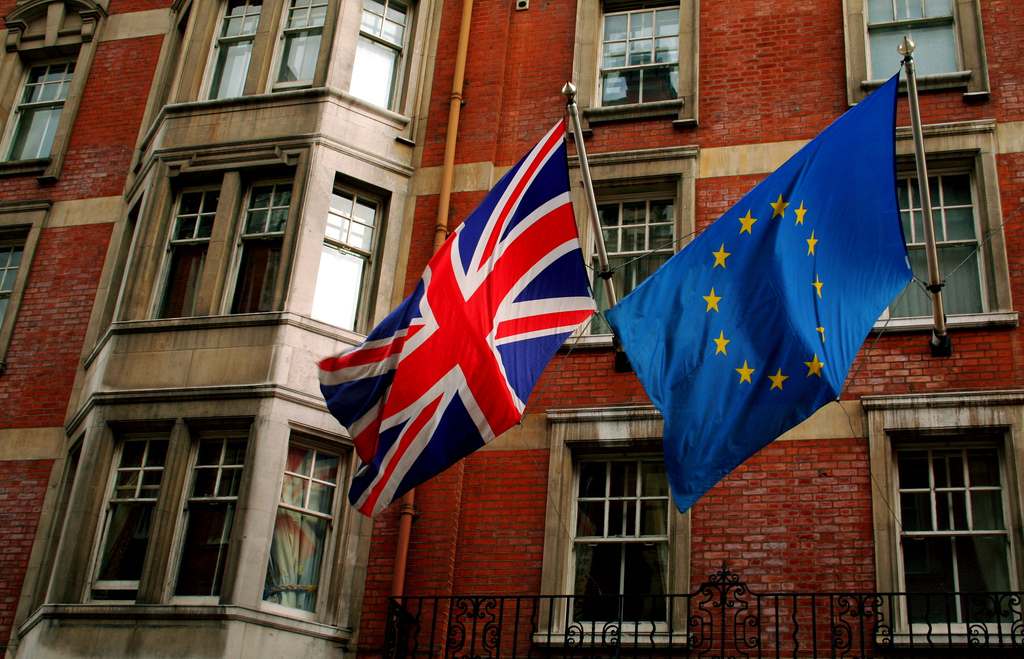
Brexit: A Geopolitical Perspective
Britain’s exit from the European Union, commonly referred to as Brexit, will have far-reaching geopolitical consequences for both the United Kingdom and the entire European community.
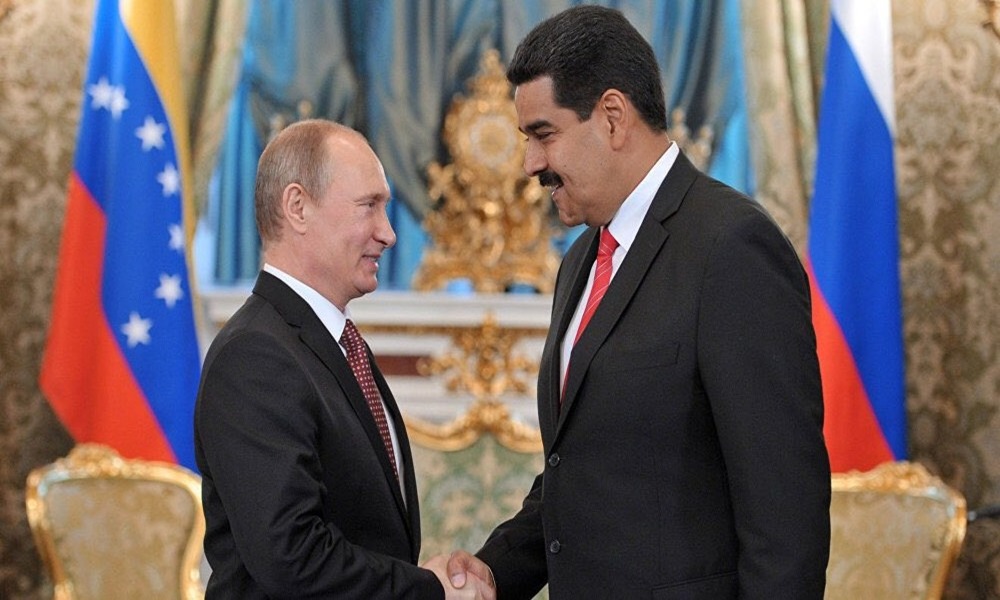
U.S. Foothold – Russian stance towards crisis in Venezuela
Maduro is not yet fighting a losing battle against the opposition for tho reasons. First, Venezuela’s military has pledged its loyalty to the leader since the beginning of the crisis. Secondly, the government in Caracas is in the hopes for getting support from the world’s top players–with Russia at the forefront–because Moscow’s assistance is essential to back the country’s armed forces.
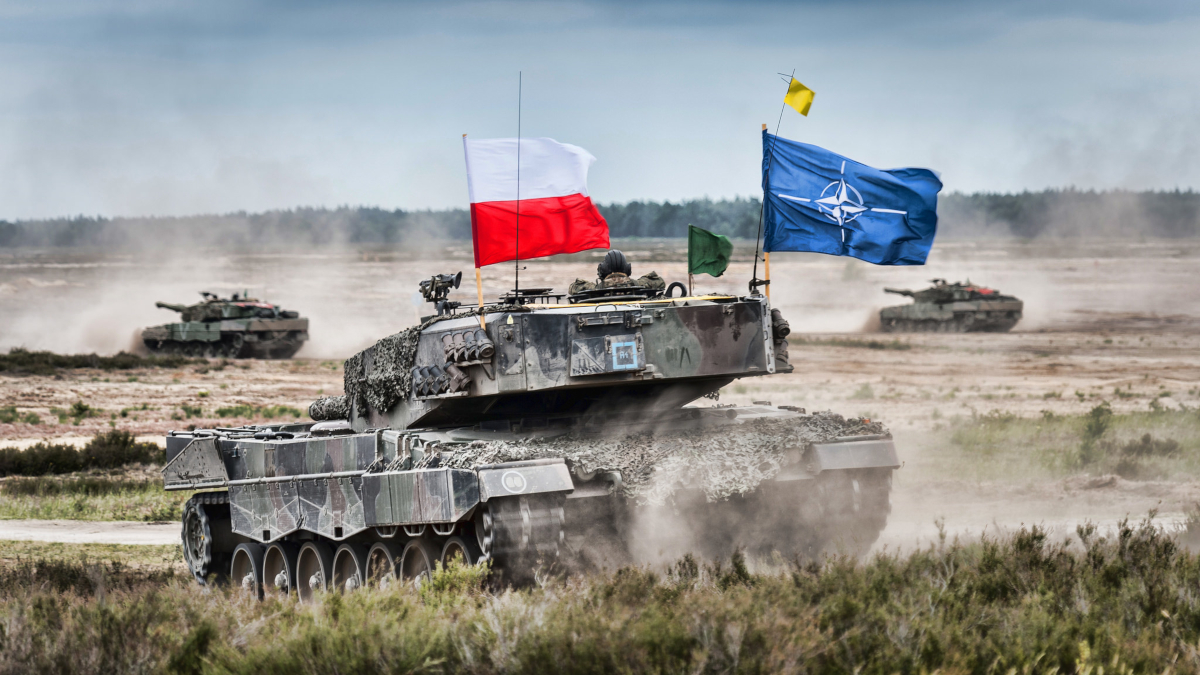
U.S. Permanent Military Base in Poland: Favorable Solution For the NATO Alliance
This following report captures the idea of a permanent US base in Poland in the geopolitical context, along with its consequences for NATO and Central and Eastern Europe. This paper was supplemented with comments from experts from the United States, Lithuania and Romania to show a broader perspective on the creation of a U.S. permanent military facility on Alliance’s Eastern Flank.

Ukraine–Nord Stream 2: Struggle Over Gas Transit
The Nord Stream 2 natural gas pipeline project is primarily perceived in terms of a political venture that goes against basic EU principles and poses threat to European solidarity.
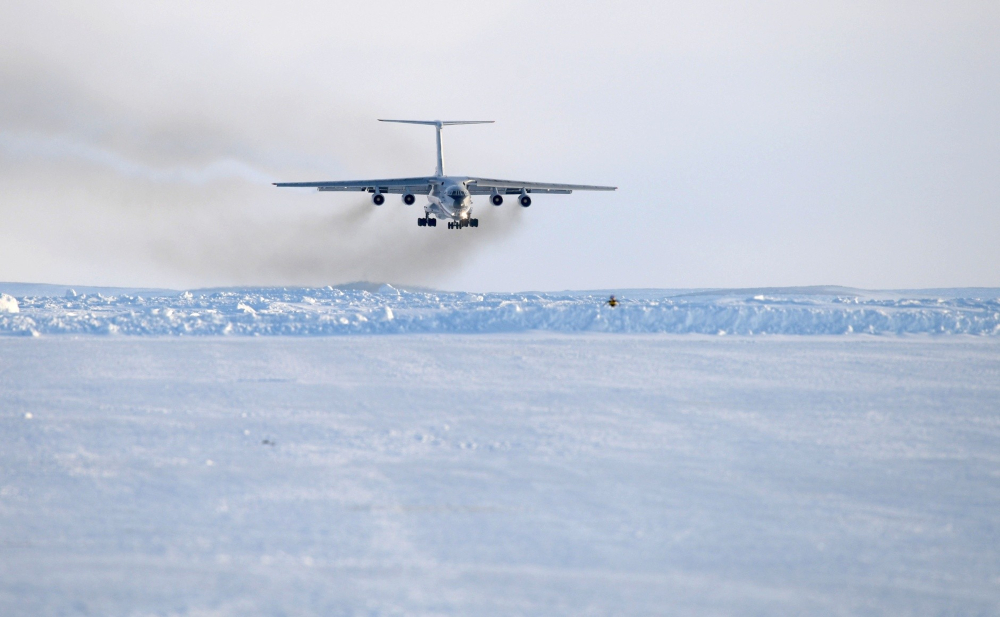
Russian Policy Towards the Arctic
From Russia’s perspective, all ongoing climate changes “pave the way” for the development of shipping and profitable exploitation of energy resources in the Arctic region, though, due to the melting permafrost, they may pose a threat to the local land infrastructure.

Development of Defence Policy and Armaments Industry in the European Union
The aim of the following report is to analyze the development of the EU’s common security and defence policy (CSDP) as well as Europe’s armaments industry. The study involves a geo-economic perspective, pointing out how economic instruments may facilitate achieving geopolitical goals.
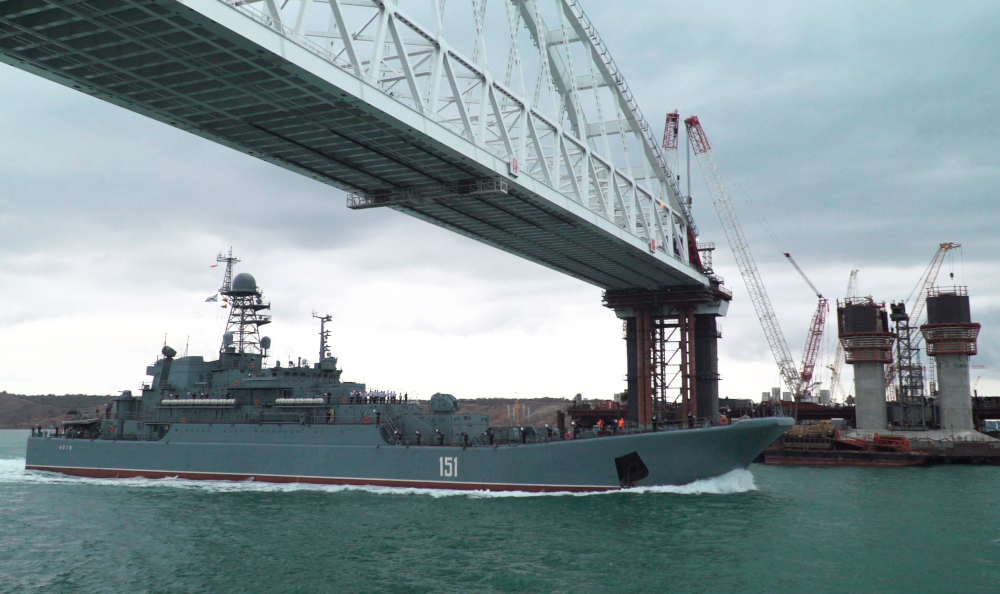
Russia’s Strategic Considerations on the Sea of Azov
On November 25 all eyes turned towards the Azov Sea. An incident in the Kerch strait between Russian and Ukrainian vessels was commented by some experts to be the start for the next stage of the conflict between Russia and Ukraine.
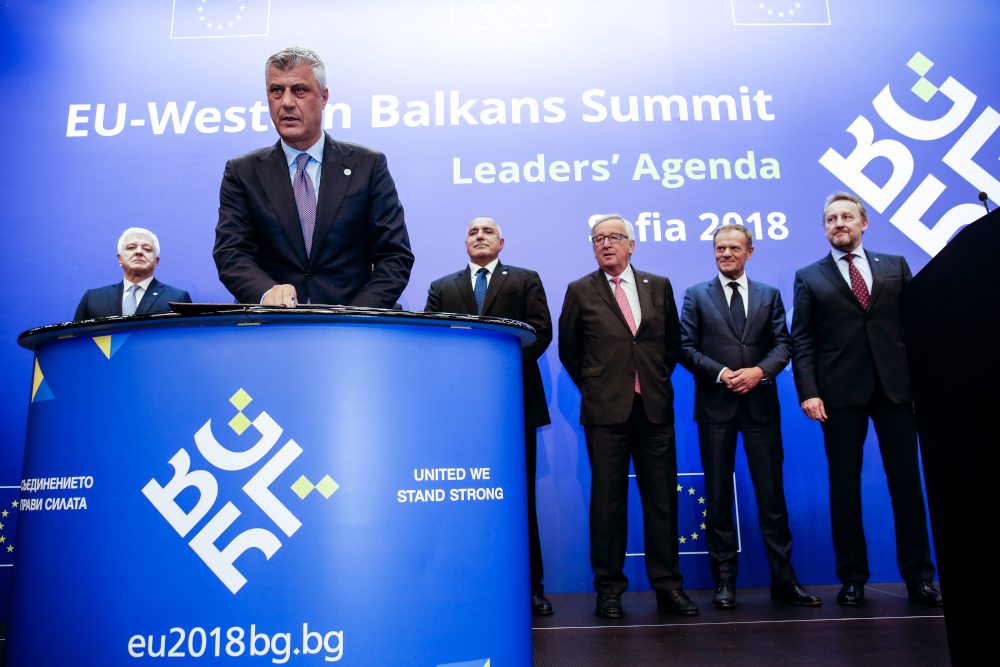
Western Balkans between China, Russia, EU and Turkey
The region of the Western Balkans comprises the countries of the Balkan Peninsula that found themselves surrounded by the EU Member States after the accession of Hungary and Slovenia (2004), Bulgaria and Romania (2007), and Croatia (2013) to the European structures. Outside the EU structures are Albania, Bosnia and Herzegovina, Former Yugoslav Republic of Macedonia (FYROM), Montenegro, Serbia, and Kosovo.
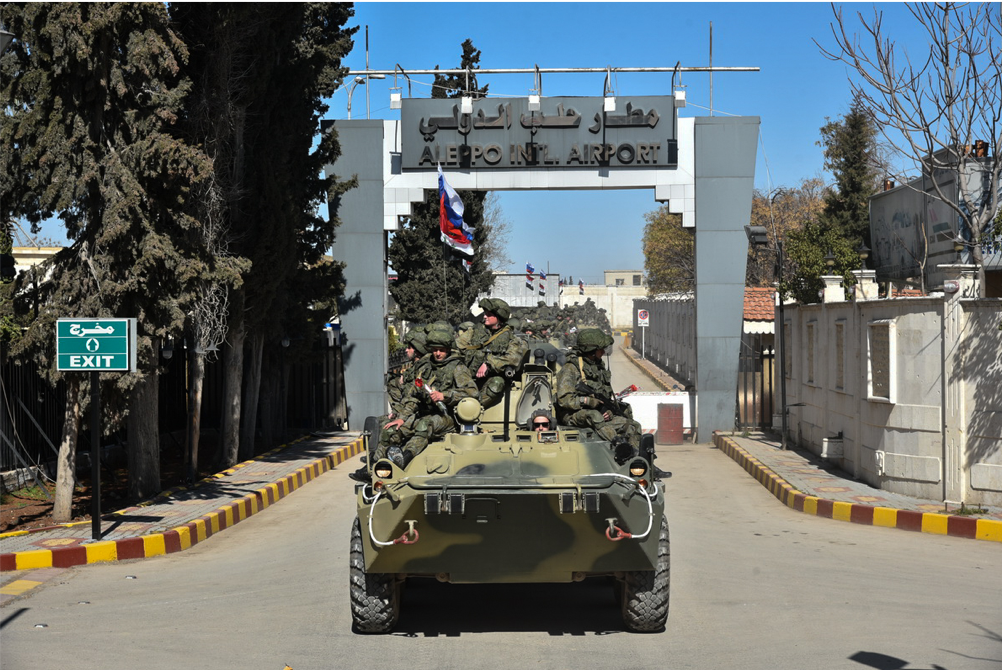
Russia Falls in a Syrian Trap
Three years past the military operation in Syria, Russia managed to achieve its goal, saving the regime of its ally, President Bashar al-Assad. Nonetheless, it failed to restore control over the entire territory of the country – or at least its most important regions. The state’s main sources of income (including gas and oil) are currently occupied by Kurds who enjoy support of the United States.
















